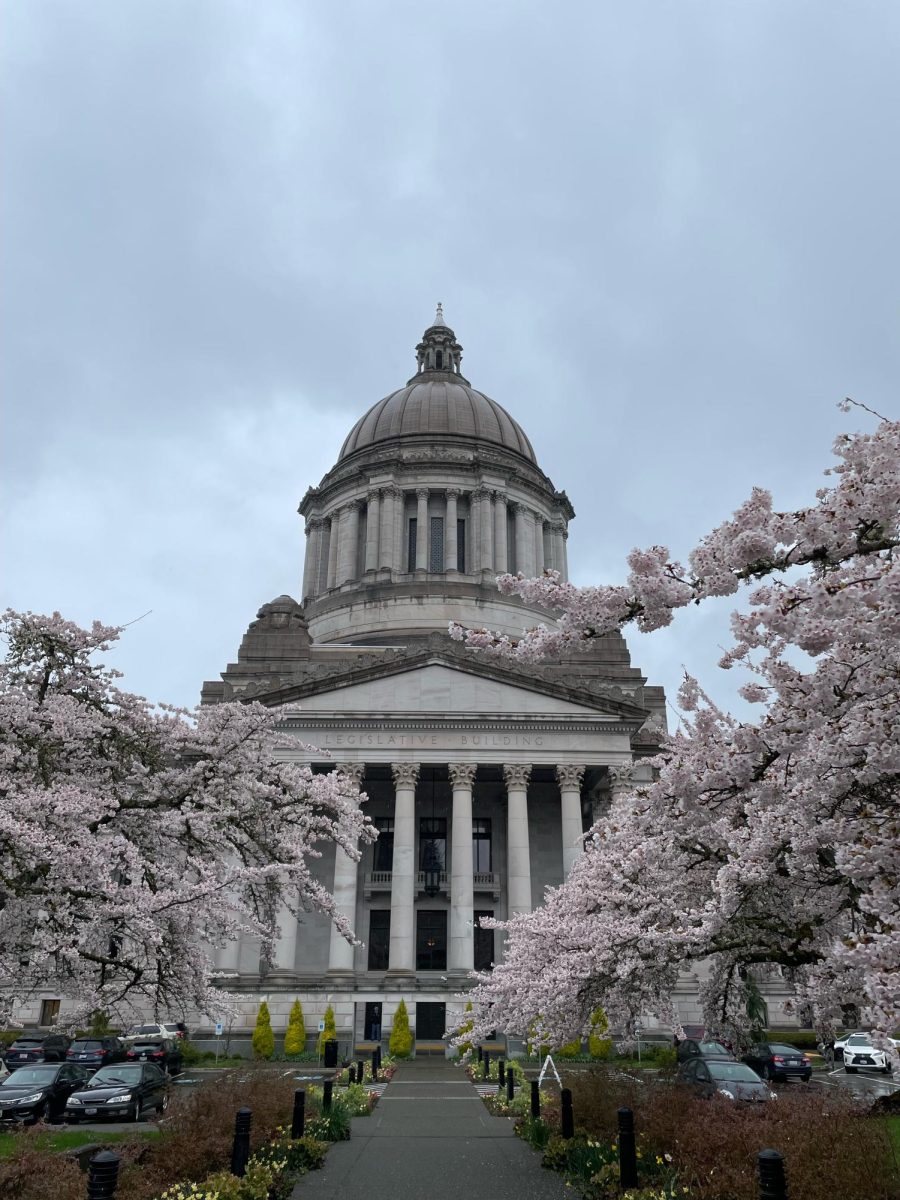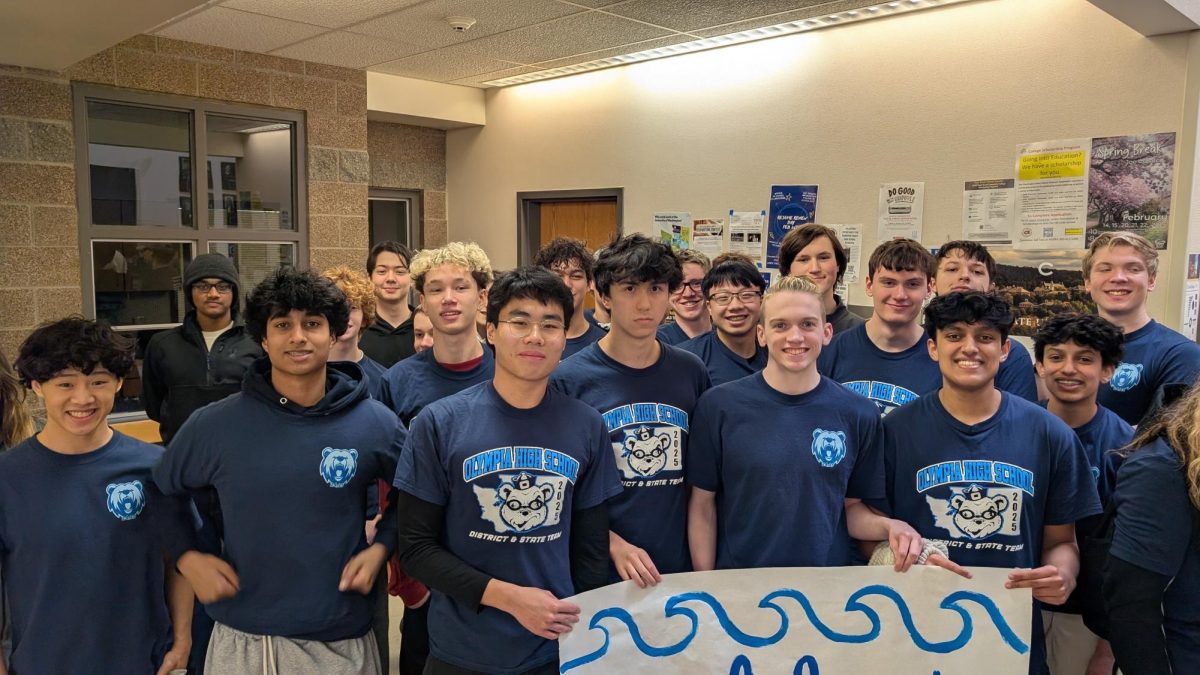The Department of Education (DOE) costs taxpayers upwards of $80 billion per year, even when students’ overall test scores have dropped.
The 5-point fall in reading scores from 2020 to 2022 is the greatest since 1990, and the 7-point fall in math is the first drop ever.
It’s difficult to find what the increased cost has done for students now. The DOE employs roughly 4100 employees, while students’ performance has seen little improvement.
President Donald Trump has made clear his plans to abolish the DOE, due to inefficiency. The DOE’s abolishment wouldn’t necessarily mean the end of federal support for public education; the administration depicts it more like a “consolidation” of some existing programs into other existing Departments.
This major change would end Title I funding, discontinuing supplemental funds for special education programs and free and reduced lunches. Programs such as education job training, special education grants (under the Individuals with Disabilities Act), Indian Education, Impact Aid (under the Elementary and Secondary Education Act of 1965), federal student loans, and those under the Institute of Education Sciences or D.C. Opportunity Scholarship Program would be relocated.
Locally, 3.4% of the revenue that comes from the federal government to the Olympia School District would not be received.
“I am deeply concerned about how the President’s agenda for transforming preschool to 12th-grade education will impact Olympia schools,” stated Olympia school board President Scott Clifthorne. Some setbacks of this agenda include less support for LGBTQ+ students, less overall federal funding in public education, more censorship and “wag[ing] war on the rights, voice and power of education unions by implementing national “Right to Work” laws.”
“All of these efforts are at odds with our community’s vision for high-quality, inclusive public education.” Clifthorne continued, “I believe we can count on Governor-elect Bob Ferguson and his allies in our State legislature and OSPI to work diligently to combat the impacts of all these national policy changes.”
“We have a very savvy and effective community when it comes to lobbying the government for funding and resources that our students and staff need,” Olympia School District Superintendent Patrick Murphy affirmed. “By working with community members, our lobbyists, and policymakers, we aim to secure the resources necessary for our students’ success.”
































